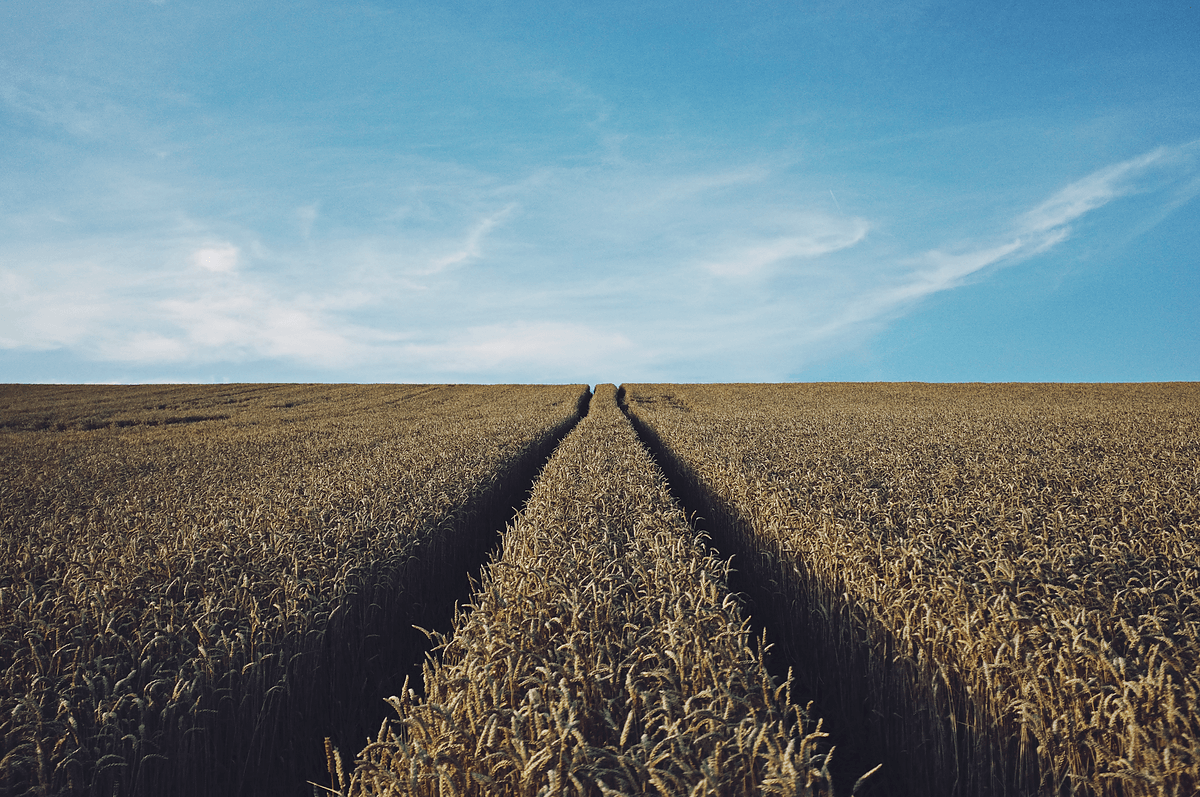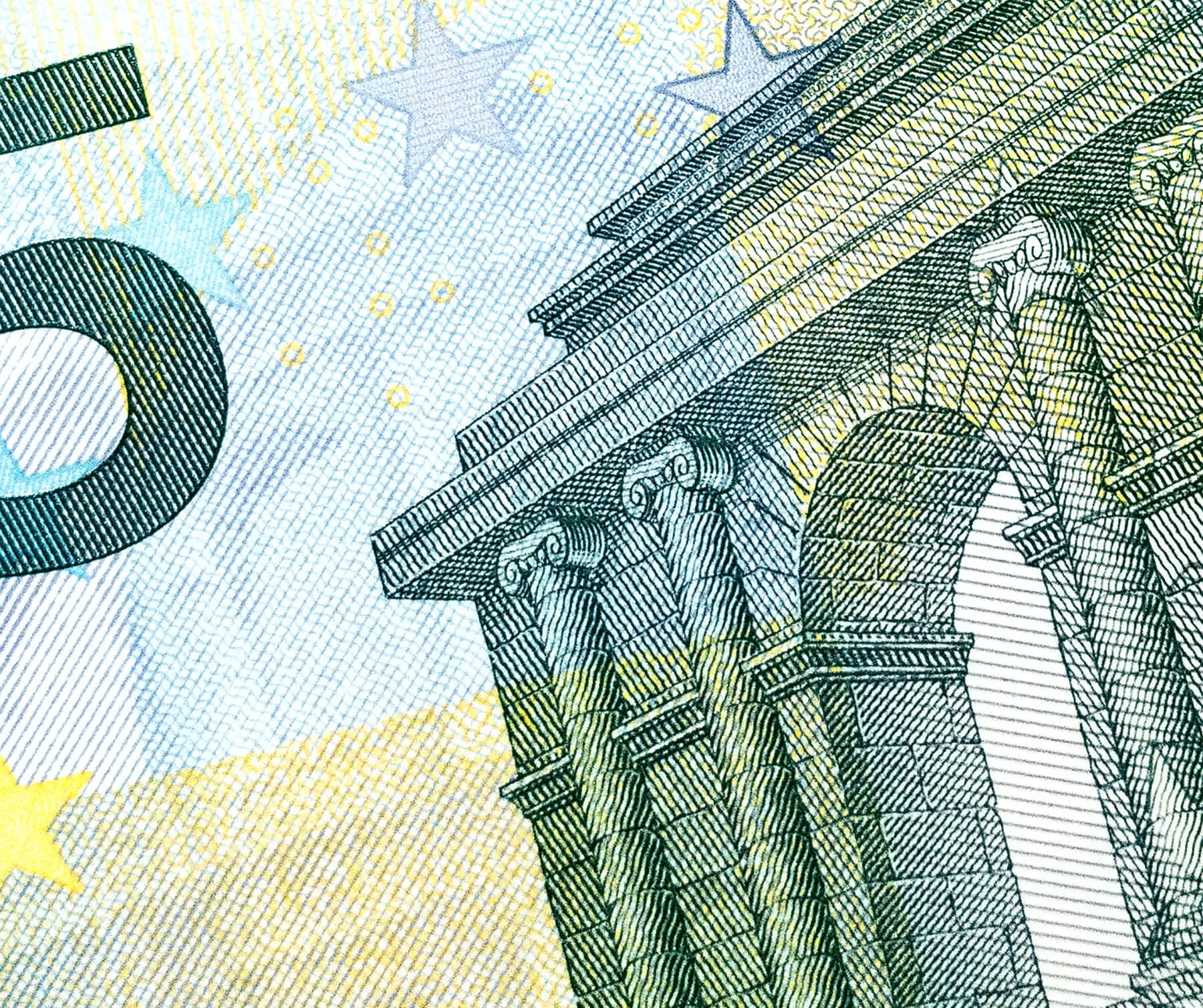There are so many different ways to define the economies that drive the world forward. A business school textbook would likely have a different opinion on the progression of economies than the examples shared here. But instead of trying to only define the economies that drive the world right now, let’s take a look at the history of economies, since the beginning of human interaction.
Here are 5 different instances in the history of economies.
Gift Economy
 Let’s start this history of economies at the very beginning. Before all the systems that exist in modern times, there were hunter/gatherer societies that worked together under the premise of the gift economy.
Let’s start this history of economies at the very beginning. Before all the systems that exist in modern times, there were hunter/gatherer societies that worked together under the premise of the gift economy.
Simply stated, the gift economy is giving as much as you can, without specific expectations for what you expect to receive in return. Hunter gatherers probably had some basic expectations for each other, but their rules weren’t as rigid as compensation in today’s society.
There are still some elements of the gift economy in modern times, including pay what you can restaurants, charitable gifts, and people who do favors just because – but it’s not the overarching economy that guides behavior.
Barter Economy
 Eventually, the gift economy evolved into the barter economy, when hunter gatherers settled in one spot and started organized agricultural production. The development of the barter economy paved the way for people to start specializing in specific things. This in turn helped sparked the economic principle of supply and demand, and made people start thinking about what work they could do for the best returns.
Eventually, the gift economy evolved into the barter economy, when hunter gatherers settled in one spot and started organized agricultural production. The development of the barter economy paved the way for people to start specializing in specific things. This in turn helped sparked the economic principle of supply and demand, and made people start thinking about what work they could do for the best returns.
The barter economy is not really something that exists in retail, but is still very much a part of service organization negotiations. When tapping into the barter economy, it’s important to have a product or service that somebody really wants – and that they have something you want in return (that’s worth as much to you as money).
Time Economy
 With the industrial revolution came factories, which introduced the time economy. The time economy moved people from developing certain products and services to barter, to trading set amounts of time doing tasks for money. Another distinguishing factor here is that members of the time economy often work for someone, instead of themselves. Because people are trading time for money, it sometimes means taking more time to complete a task to stay busy during a typical (9 – 5, for example) work day. Some have argued that the time economy has lead to a waste of time… and money.
With the industrial revolution came factories, which introduced the time economy. The time economy moved people from developing certain products and services to barter, to trading set amounts of time doing tasks for money. Another distinguishing factor here is that members of the time economy often work for someone, instead of themselves. Because people are trading time for money, it sometimes means taking more time to complete a task to stay busy during a typical (9 – 5, for example) work day. Some have argued that the time economy has lead to a waste of time… and money.
But the time economy has helped a lot in terms of standardization. There’s no longer a need to bargain 10 sacks of grain for one cow (for example). Ultimately, barter economies can break down because of factors as simple as bad weather for growing, or inputs for products suddenly become scarce. There’s a certain stability associated with the time economy, whether or not you think it’s an entirely fair system of compensation.
Gig Economy
 Moving past the history of economies, the gig economy is one of the newest economies society is trying out. The gig economy mostly refers to independent contractors who take on specific projects for various customers. Unlike the time economy, the gig economy prices for completed work – not time spent doing a task.
Moving past the history of economies, the gig economy is one of the newest economies society is trying out. The gig economy mostly refers to independent contractors who take on specific projects for various customers. Unlike the time economy, the gig economy prices for completed work – not time spent doing a task.
Just like the other economies on this list, task pricing can be good and bad. People who are a part of the gig economy don’t receive the same benefits and stability from the companies they work with on a project basis, as those who participate in the time economy. That said, the instability also means there are many opportunities and earnings don’t necessarily have a bottom floor.
Websites like Fiverr and Upwork help people get started in the gig economy.
Sharing Economy
 Another economy currently in development is the sharing economy, which exists off the idea that sometimes it makes more sense to use something than to own it outright. This is also known as the membership economy, a theory popularized in the book of the same name.
Another economy currently in development is the sharing economy, which exists off the idea that sometimes it makes more sense to use something than to own it outright. This is also known as the membership economy, a theory popularized in the book of the same name.
Examples of the sharing/membership economy include the video streaming service Netflix, car sharing service Zipcar, and music streaming service Spotify. Established companies that have moved from an ownership to sharing model, like Adobe, have trouble convincing people the switch is worth it. Whenever possible, start one way and stick with it.
Though not a complete look at the history of economies, this list gives a solid foundation of where human beings have started, and where they’re headed next. But what’s the future of economies (and marketing)? We’d love to hear your thoughts in the comments below!




